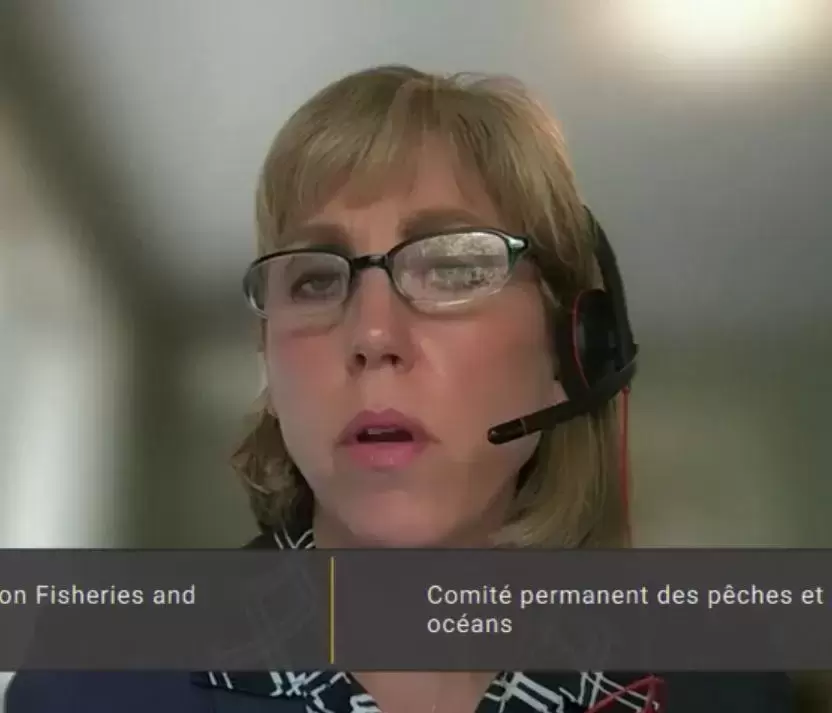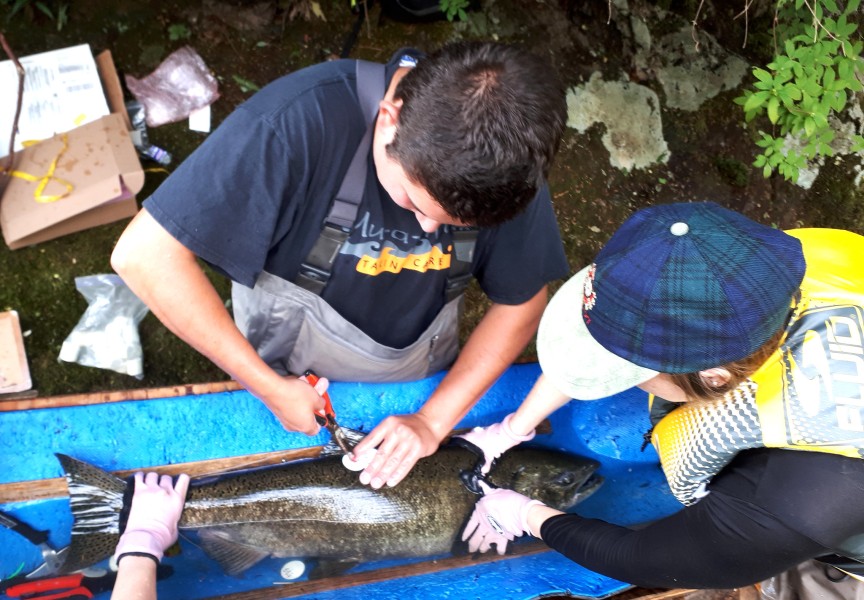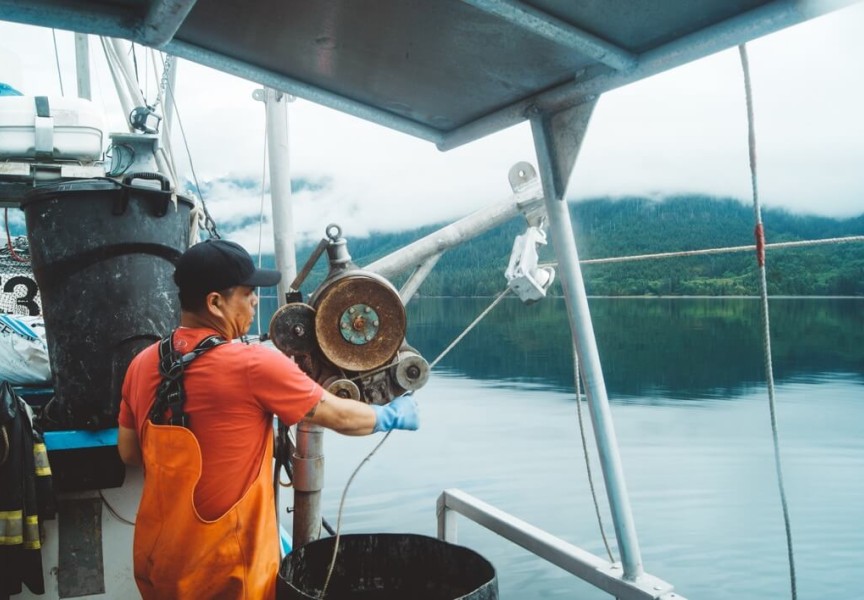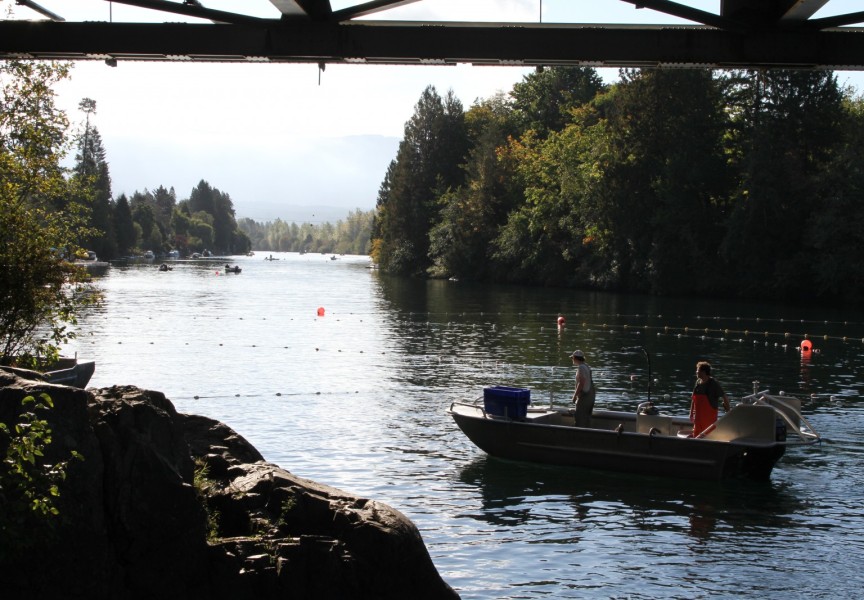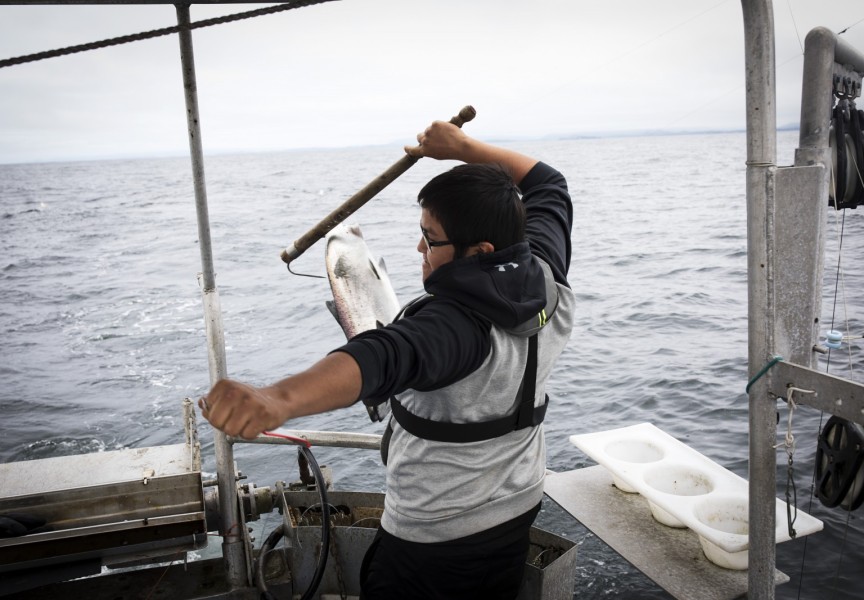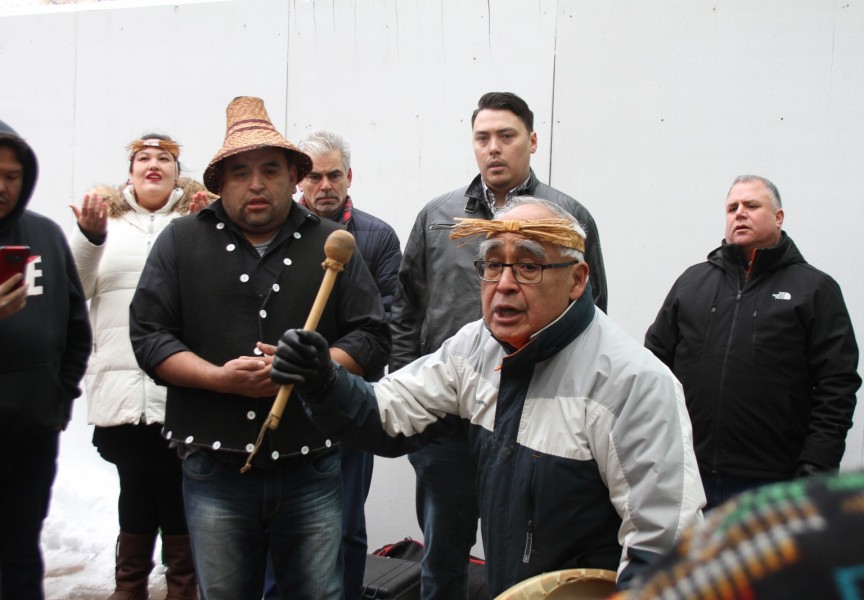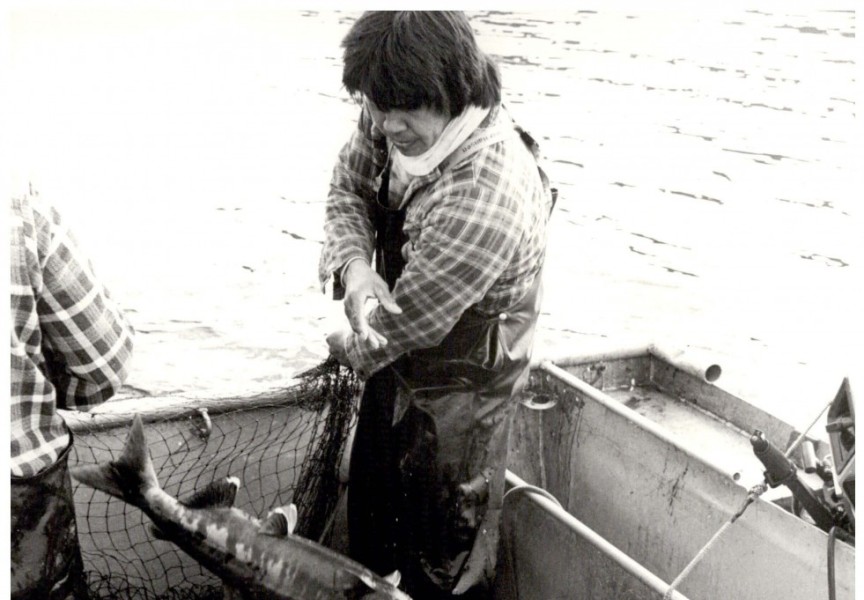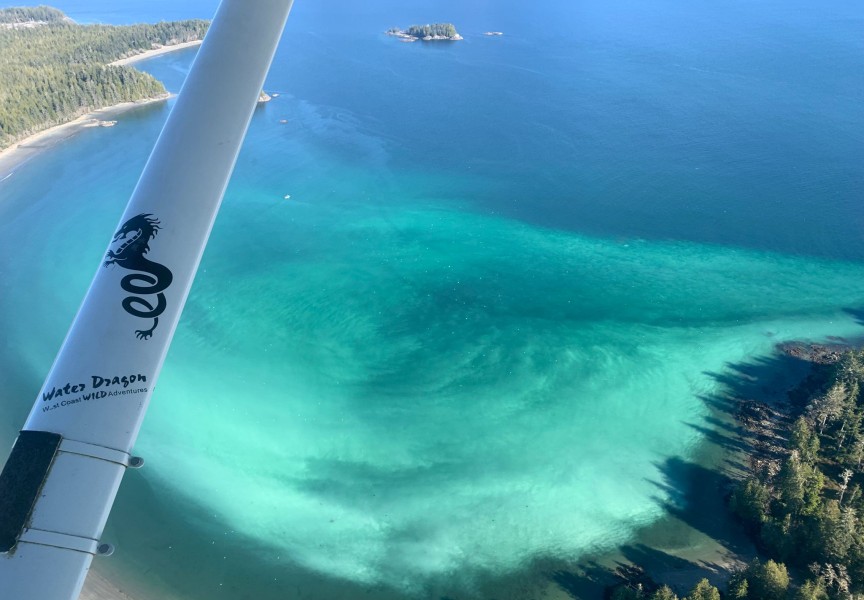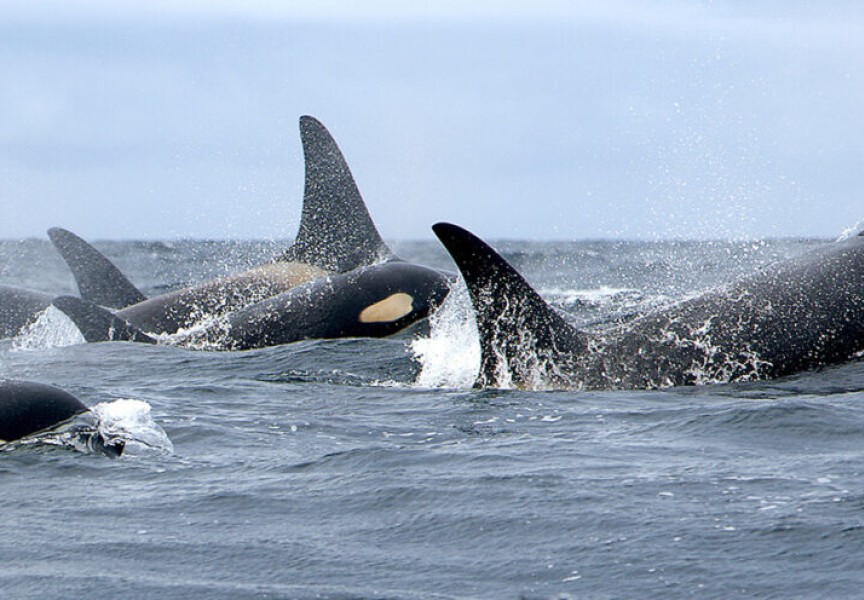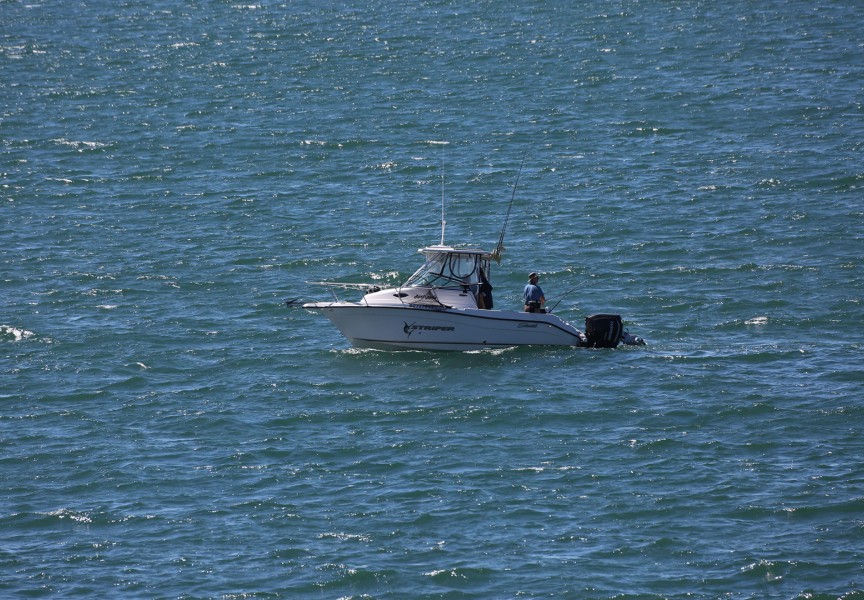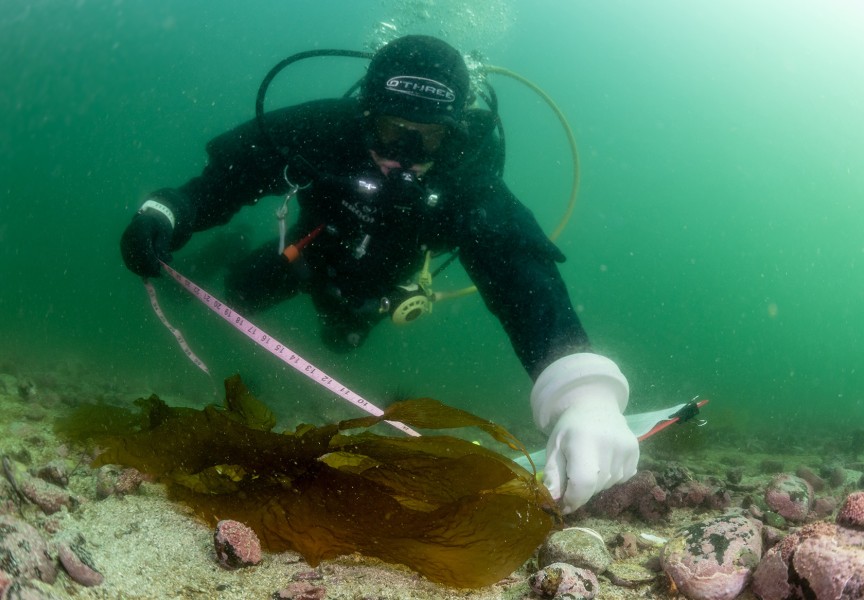While Nuu-chah-nulth nations are celebrating a favourable ruling from the B.C. Court of Appeal, it remains to be seen how the DFO will adjust fisheries allocations beyond the small fraction set aside for the coastal communities this spring.
On April 19 the appeal court affirmed the Aboriginal right of five First Nations to catch and sell fish harvested in their territorial waters off the west coast of Vancouver Island, extending the scope of these fisheries beyond what was previously set by the B.C. Supreme Court in 2018. The ruling directly applies to the Ahousaht, Ehattesaht/Chinehkint, Hesquiaht, Mowachaht/Muchalaht and Tla-o-qui-aht First Nations.
Now the words “small scale,” “artisanal,” and “local” have been removed by the court, which defines the scope of nations’ fisheries as “a non-exclusive, multi-species, limited commercial fishery aimed at wide community participation, to be conducted in their court-defined area for fishing, which extends nine nautical miles offshore.”
“It would appear from all that has been said that the plaintiffs’ rights are to a fishery of a moderate commercial scale,” reads the recent appeal decision, the latest ruling in a court battle extending over a decade.
Now the nations are hopeful that Fisheries and Oceans Canada will interpret the judgement favourably for this years’ fishing seasons.
“I’m wishing our nation and other nations do actually get back to looking after ourselves the way we used to,” said Cliff Atleo, lead negotiator for the Ahousaht First Nation. “The only way we can do that is to get our people out on the water and give them the opportunities.”
The most recent allocation numbers released by the DFO have limited opportunities for the five nations, compared to other harvesters on the Island’s west coast. For example, an April 21 meeting between DFO representatives and other stakeholders sets this year’s total allowable catch off the west coast at 88,000 chinook salmon. Of this amount, the five nations tied to the court case were allocated 7,821, with another 5,000 pieces designated for food, social and ceremonial purposes. Meanwhile the Area G troll fleet is allocated 31,738 chinook, and recreational boats are set at 40,000. Nations belonging to the Maa-nulth treaty were allocated another 3,441 chinook.
This differs drastically to what the five nations requested. In correspondence with DFO in recent months the nations asked for 30 per cent of the region’s total allowable catch, plus another 5,000 chinook over the winter months.
“I expect more,” said Atleo, who has participated in regular negotiations with the federal department. “Indeed, the allocation policy had to be reviewed, and they’re dragging their feet on that. We told them so in our session last week.”
On April 26, Courtenay-Alberni MP Gord Johns pressed Rebecca Reid, DFO’s regional director general for the Pacific Region, on how the recent court ruling will affect this year’s fishing season.
“What actions will the department be taking for the 2021 fishing season to increase the allocations of chinook, coho and other species?” he asked. “What recommendations will you be bringing to the minister?”
“We are still reviewing the court decision,” responded Reid, noting that the department does recognize the five nations’ court-defined right. “We are also undergoing negotiations with the five nations from a reconciliation perspective. They do have a fisheries management plan in place now for their rights-based fishery.”
But the Five Nations Multi-species Fishery Management Plan, which was released by DFO in April, shows the department’s reluctance to allow the Nuu-chah-nulth communities to harvest more from their territories.
“For hook and line opportunities, DFO is of the view that wide community participation is facilitated by the use of small, low-cost boats with limited technology and restricted catching power,” reads the document. “[T]he use of vessels with catching power equivalent to the regular commercial fishery can limit the opportunity for wide community participation because a few vessels catch the available allocation in a short period of time.”
Atleo believes that fisheries management needs to change from formulas that are designed to keep the First Nations poor.
“The only way that we’re going to look at sustainability and looking after ourselves like we used to is actually to be able to benefit from half of the aquatic resources,” he said. “I don’t think we should have to go to court to secure that, let’s do that through your so-called reconciliation.”
He’s also not fond of the court limiting the nations to nine miles offshore. Atleo said this came from the court’s interpretation of the 19-th century journal entries of John Jewitt, a seafaring English blacksmith who was captured by the Mowachaht for two years in Yuquot.
“This day all the chiefs went about nine miles from Nootka, where the natives go to catch halibut,” reads Jewitt’s entry from July 12, 1804.
“Do away with that nine-mile limit,” said Atleo.


